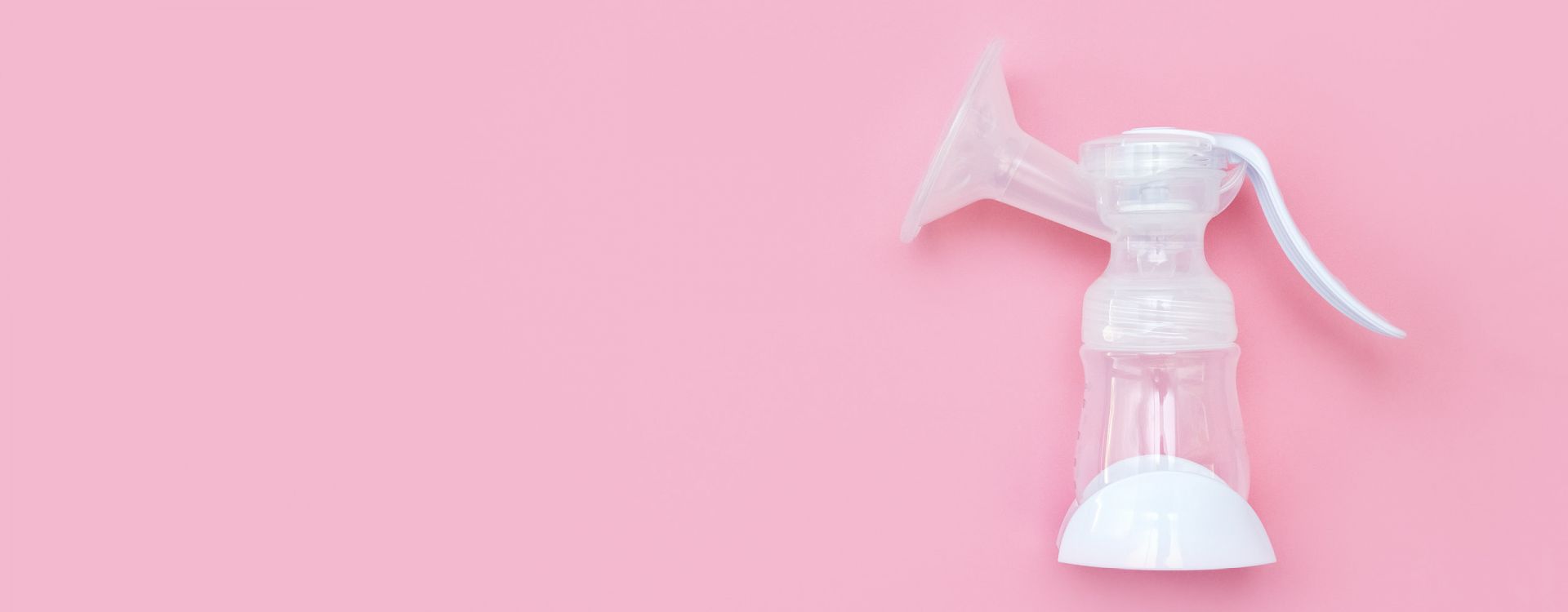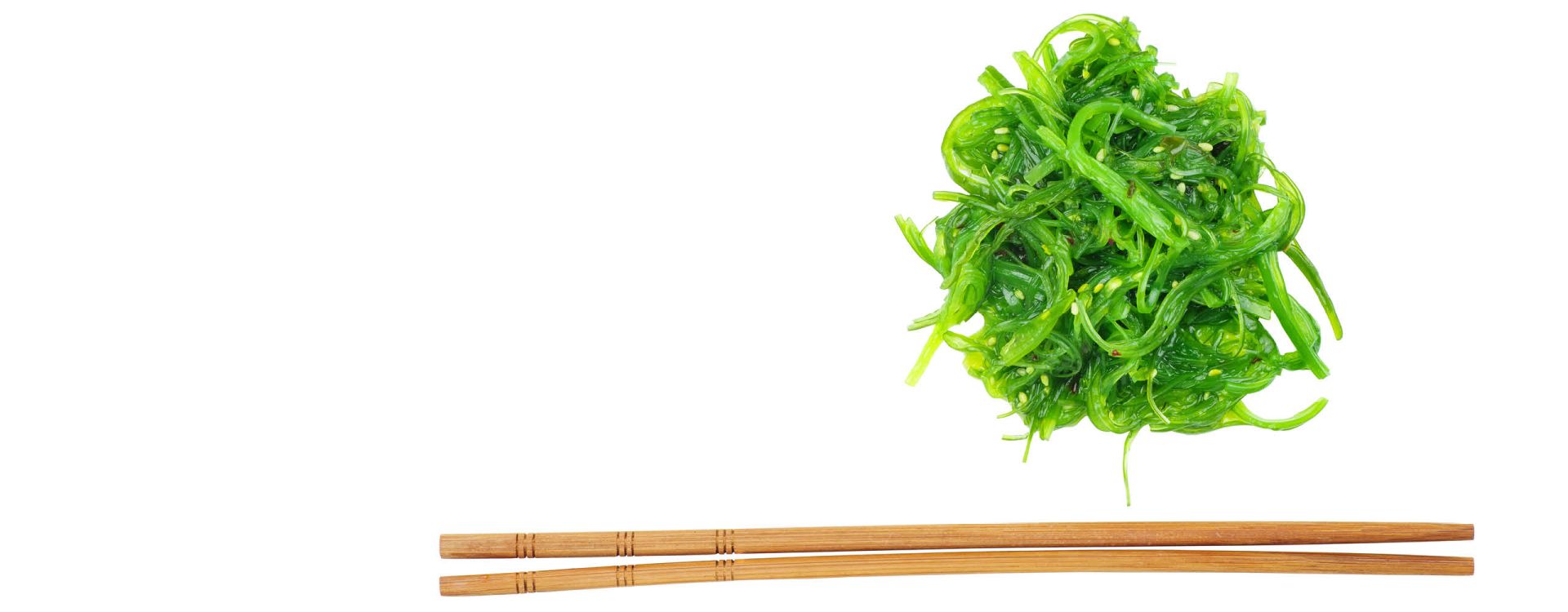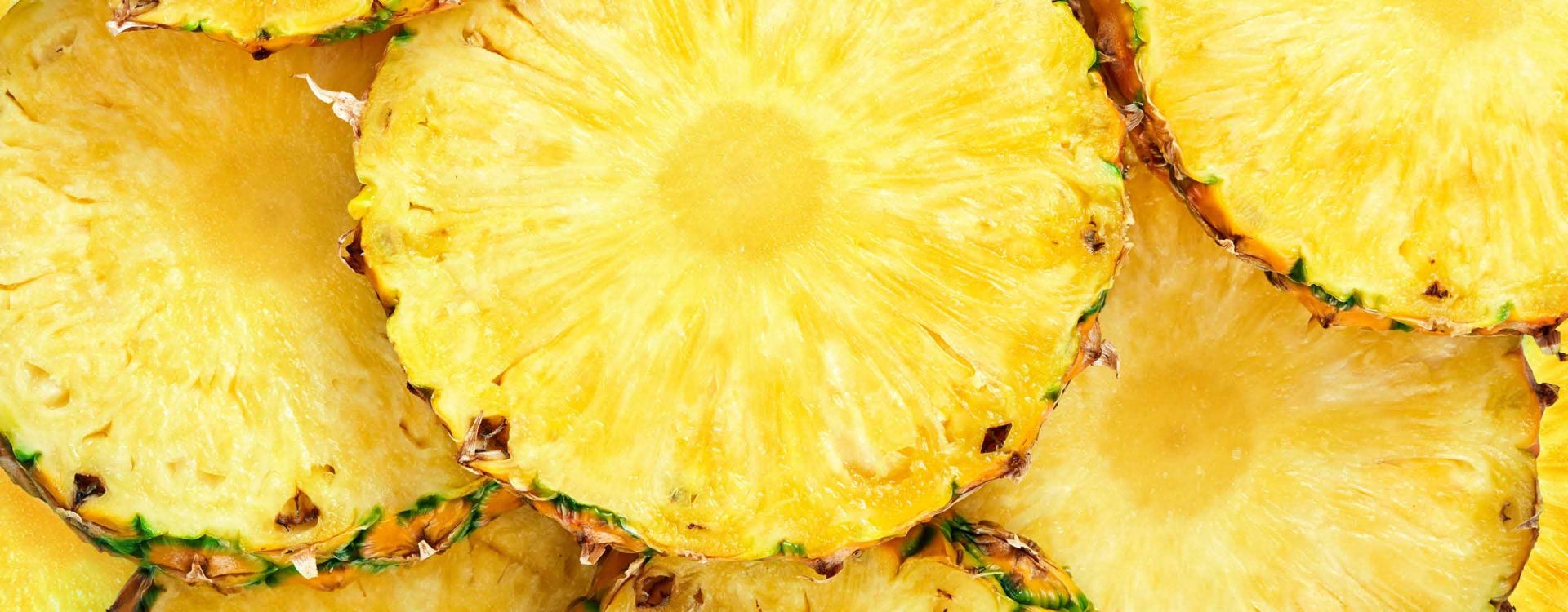The growing popularity of marijuana and its derivatives has spurred significant interest in its effects on various aspects of health and wellness.
With the rise of legal cannabis, many are curious about its safety, particularly during pregnancy.
One common method of consumption is through edibles, which offer a discreet and often potent experience. However, when it comes to pregnancy, the safety and implications of consuming edibles become critical concerns.
This article delves into whether it’s safe to eat marijuana edibles while pregnant, the associated risks, and alternative options for those seeking relief or recreation.
Marijuana Overview
Marijuana, also known as cannabis, contains compounds called cannabinoids, which interact with the body’s endocannabinoid system to produce various effects. The two most well-known cannabinoids are THC (tetrahydrocannabinol) and CBD (cannabidiol).
THC is primarily responsible for the psychoactive effects or "high" associated with marijuana, while CBD is often used for its potential therapeutic benefits without the intoxicating effects.
Marijuana can be consumed in various forms, including smoking, vaping, and edibles — foods infused with cannabis extracts [*].
Can You Eat Edibles While Pregnant?
No, it is not recommended to eat marijuana edibles while pregnant due to potential risks to the developing fetus and the lack of conclusive safety data.
The use of marijuana in any form during pregnancy is generally advised against by healthcare professionals. Edibles, which can be potent and have delayed effects compared to other methods of consumption, pose particular risks. The potential impact on both the mother and the fetus, coupled with the insufficient research on the long-term effects of THC during pregnancy makes consuming edibles while pregnant a risky move.
Risks of Eating Edibles While Pregnant
Consuming marijuana edibles while pregnant can introduce several risks due to the unique ways edibles affect the body and the fetus. Understanding these risks is crucial for making informed decisions about marijuana use during pregnancy.
Impact on Fetal Development
Marijuana can cross the placental barrier and potentially affect fetal development. THC has been shown to bind to cannabinoid receptors in the developing brain, which might interfere with normal brain development. This could lead to cognitive, behavioral, and developmental issues in the child [*].
While research is still ongoing, there is concern that exposure to THC during pregnancy may affect the baby’s future learning abilities and behavior [*].
Potential for Adverse Birth Outcomes
Studies suggest that maternal marijuana use, including edibles, may be associated with adverse birth outcomes. These include low birth weight, preterm birth, and developmental delays. The psychoactive effects of THC might also influence maternal behavior, which can indirectly affect prenatal care and overall pregnancy health [*][*][*][*].
Unpredictable Dosage and Delayed Effects
One significant risk of consuming marijuana edibles is the variability in dosage and delayed onset of effects. Unlike smoking or vaping, where the effects are almost immediate, edibles can take 30 minutes to 2 hours to produce noticeable effects. This delay can lead to overconsumption, increasing the risk of experiencing intense psychoactive effects that may be distressing [*][*].
Many homemade edibles can have varying potency from batch to batch as well which could cause someone to accidentally consume more THC than intended [*].
Heightened Stress Levels
Even though THC is often associated with having a relaxing effect, overconsumption can sometimes lead to the opposite effect. THC is known to raise your heart rate, and with some people, this can lead to an anxiety attack.
While many people can go their entire lives consuming THC and never have this happen, some have a predisposition to anxious reactions to THC [*].
Many people argue that this effect will vary between different strains of marijuana. However, if you have been diagnosed with anxiety or have been known to exhibit anxious behavior you should avoid THC during pregnancy since the increased stress isn’t good for your developing baby [*].
What Happens if You Accidentally Eat an Edible While Pregnant?
Accidental consumption of marijuana edibles is not uncommon, especially if the person was unaware of their pregnancy at the time. If this occurs, the best course of action is to contact a healthcare provider immediately. They can provide guidance and monitoring to ensure both the mother and the fetus are safe.
While a single accidental exposure might not necessarily lead to severe outcomes, it's important to be vigilant and seek medical advice to address any potential risks.
Can You Eat Edibles While Breastfeeding?
THC can be passed through breast milk, and its effects on a breastfeeding infant are not fully understood. Given the potential risks, many health professionals recommend avoiding marijuana use while breastfeeding. If there are concerns or questions about cannabis use and breastfeeding, consulting a healthcare provider is essential [*].
Alternatives to Edibles During Pregnancy
For those seeking relief or relaxation during pregnancy, there are numerous alternatives to consuming marijuana edibles. These alternatives can address common pregnancy-related issues such as anxiety, sleep disturbances, and stress without the potential risks associated with cannabis.
For Anxiety - Mindfulness and Relaxation Techniques
Pregnancy can be a stressful time, and managing anxiety is important for both maternal and fetal health. Mindfulness practices, such as meditation and deep breathing exercises, can be effective in reducing stress and anxiety. Yoga, particularly prenatal yoga, is also a safe and beneficial practice for many pregnant individuals, helping to relax both the mind and body [*].
For Insomnia - Healthy Sleep Habits
Sleep disturbances are common during pregnancy, but there are natural ways to improve sleep quality. Establishing a regular sleep routine, creating a comfortable sleep environment, and avoiding caffeine and electronic screens before bedtime can help. Herbal teas like chamomile or valerian root (under the guidance of a healthcare provider) may also be beneficial for promoting relaxation and better sleep [*].
For Pain Relief - Physical Therapies and Non-Pharmacological Methods
Pregnancy-related discomforts, such as back pain and muscle aches, can be managed with physical therapies and non-pharmacological methods. Prenatal massage, warm baths, and gentle stretching exercises can alleviate pain and improve comfort. Always consult with a healthcare provider before starting any new treatments [*].
The Bottom Line
While marijuana edibles may offer a range of effects and benefits, their use during pregnancy is fraught with potential risks to both the mother and the developing fetus. The impact of THC on fetal development, the potential for adverse birth outcomes, and the unpredictable nature of edibles make them a risky choice during pregnancy.
Fortunately, there are safer, effective alternatives for managing anxiety, sleep issues, and discomfort during this crucial time.
If there are any uncertainties or questions about cannabis use, consulting a healthcare provider is essential to ensure the health and safety of both the mother and the baby.
About MiracleCord
At MiracleCord, we understand the importance of planning and preparedness when it comes to your family's health. We offer advanced cord blood and tissue banking services, providing you with peace of mind and valuable resources for your family's future health needs.
The state-of-the-art facilities and dedicated team ensure that your baby's stem cells are collected, processed, and stored with the utmost care. By choosing MiracleCord, you're taking a proactive step toward safeguarding your family.
To learn more about our services and how they can benefit your family, download our free information kit, or call us at 888.743.2673. Let us be your partner in securing a healthy future for your family.
DISCLAIMER: THE INFORMATION ON THIS WEBSITE IS NOT INTENDED TO BE USED AS MEDICAL ADVICE.The materials and information contained on the MiracleCord website is provided for educational and informational purposes only, and is not intended to, and does not constitute, medical or other health advice or diagnosis, and should not be used as such. You should not use this information to diagnose or treat a health problem or disease. If you are seeking personal medical advice, you should consult with a licensed physician. Always consult with a qualified health care provider regarding a medical condition.




